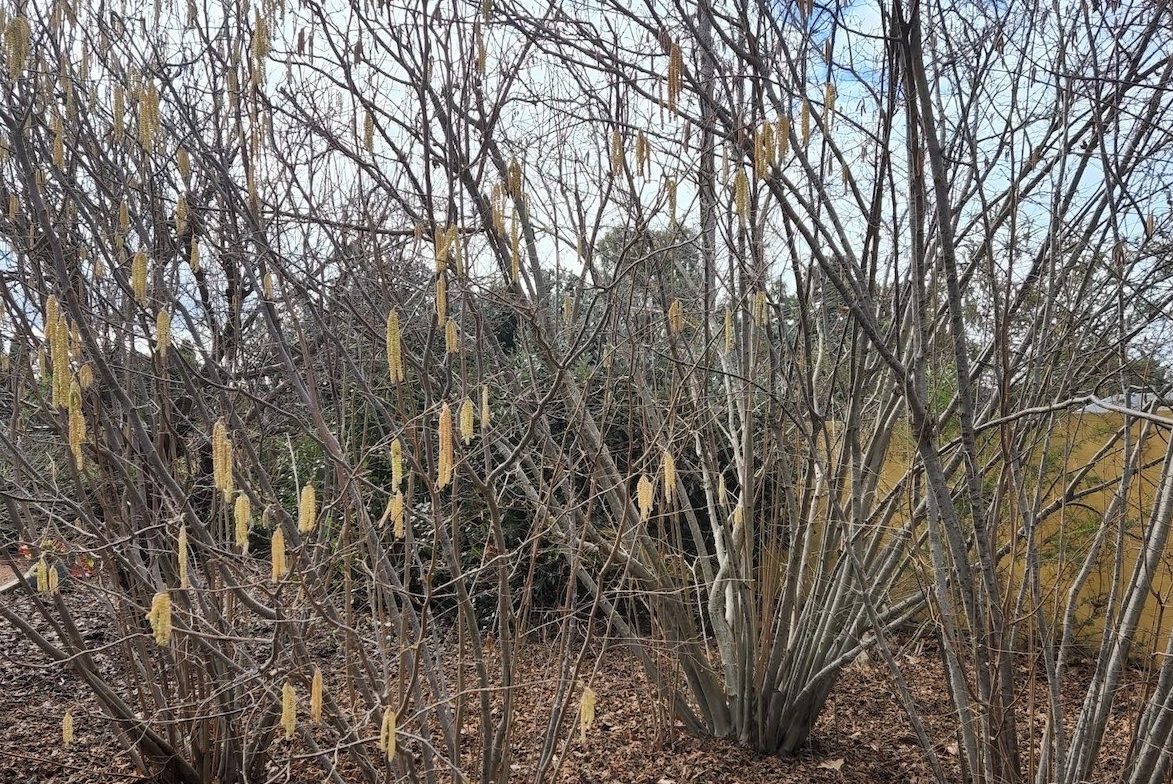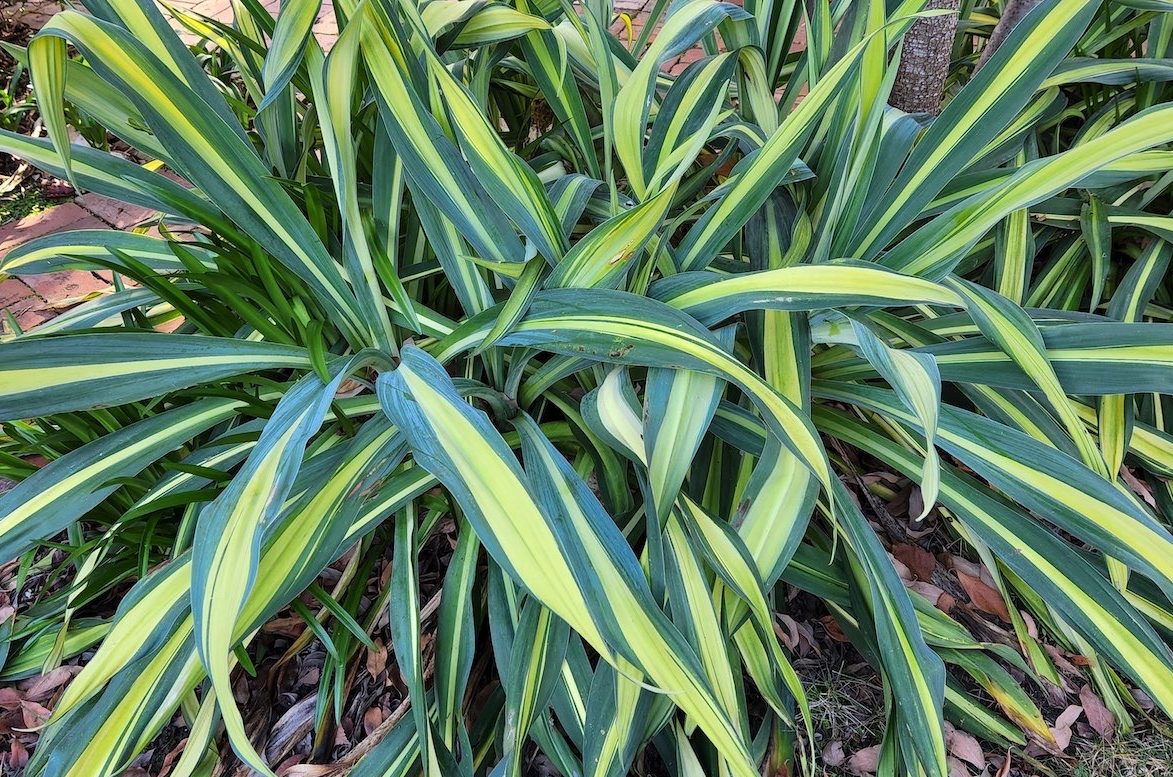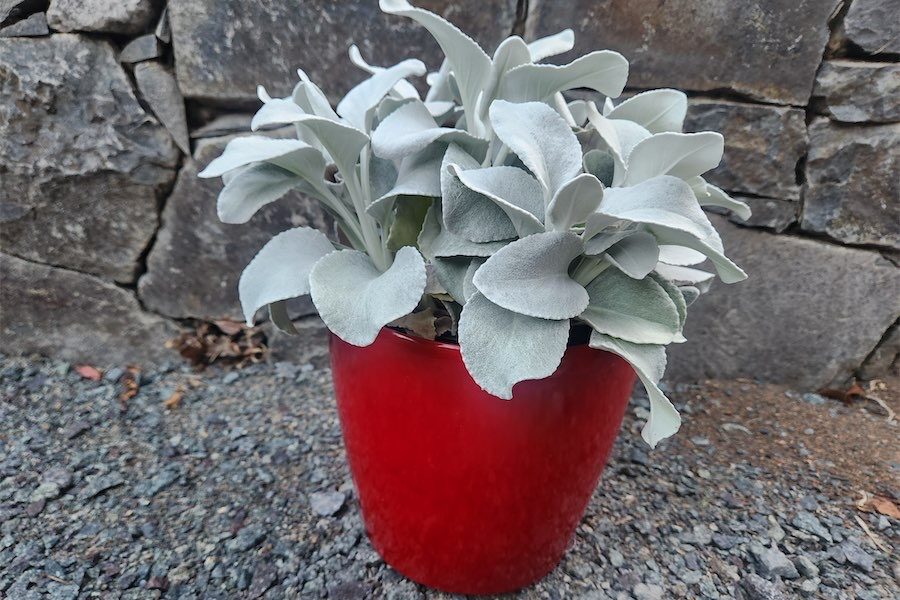
Winter is a good time to get into the garden and work the soils and get plants ready for spring, says gardening columnist JACKIE WARBURTON.

ADDING manures to the soil and lightly digging and watering in will benefit the soil microbes and get the worms working over winter.
Mulching garden beds can be done now to keep the moisture in the ground and prevent weeds from seeding.
It’s also a good time to prune winter pome fruits such as apples, pears and quinces, and spray with lime sulphur for fungal diseases at the same time to guard against aphids and coddling moth.
Spray all the branches and bark in the morning and allow them to dry before night time. Don’t spray lime sulphur on apricots as it causes severe dieback and won’t fruit.
In the orchard, if there’s room for hazelnuts, give them a go. They are a terrific long-living shrub or small tree.
There are two main species of hazelnuts that grow well in our region and Corylus avellana is more suited to the orchard and Corylus maxima is better in a large park-like garden. They both are deciduous and like cool moist soil in winter and a pH of around 6 to 6.5 with good drainage and lots of organic matter.
Hazelnuts ripen around February and March and fall to the ground at maturity. They can be eaten raw or roasted.
Pruning hazelnut trees in late winter – when the tree is dormant – will encourage rapid spring growth. Spring and summer pruning will not produce growth as vigorous. A rule of thumb is to never remove more than 30 per cent of the canopy at one time.

NOW all the deciduous leaves have fallen, gaps in the garden can be filled with evergreen shrubs and plants.
One of my favourites is the Mexican lilies (Beschorneria yuccoides “variegata”). With soft, green-striped leaves, theyt can take up to three years to mature before growing a spectacular flower spike of at least 1.5 metres tall with pendulous green and pink flowers and bracts in spring and summer.
They like dry soils and can spread to around a metre wide. They become drought tolerant when established.
There’s a new variety available called Flamingo Glow, which has striking variegated foliage that grows well in pots or raised garden beds with good drainage.
I grow Mexican lilies in my garden without irrigation. They survive only on rainfall and require little to no maintenance.
Jottings
- Trim old leaves away from hellebores to see the flowers.
- Spray citrus trees with horticultural oil to smother scale and insect eggs.
- Keep on top of the weeds and turn compost over regularly.
Who can be trusted?
In a world of spin and confusion, there’s never been a more important time to support independent journalism in Canberra.
If you trust our work online and want to enforce the power of independent voices, I invite you to make a small contribution.
Every dollar of support is invested back into our journalism to help keep citynews.com.au strong and free.
Thank you,
Ian Meikle, editor





Leave a Reply